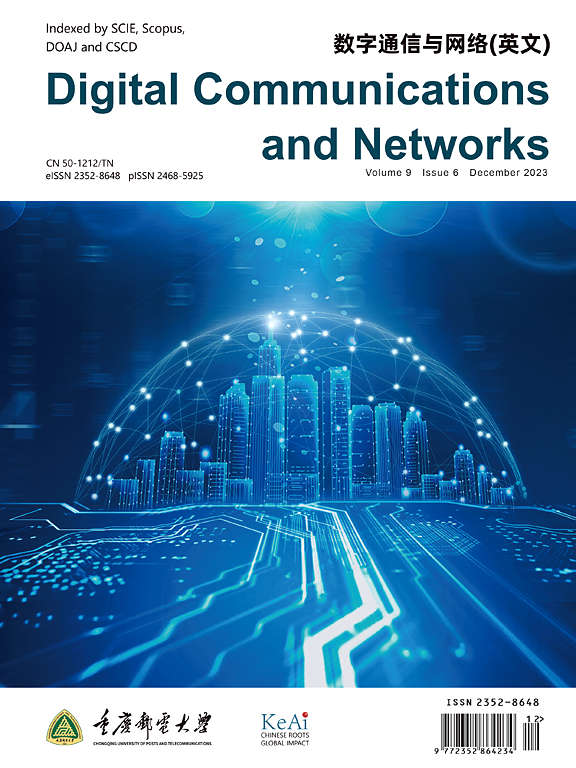IncEFL: a sharing incentive mechanism for edge-assisted federated learning in industrial IoT
IF 7.5
2区 计算机科学
Q1 TELECOMMUNICATIONS
引用次数: 0
Abstract
As the information sensing and processing capabilities of IoT devices increase, a large amount of data is being generated at the edge of Industrial IoT (IIoT), which has become a strong foundation for distributed Artificial Intelligence (AI) applications. However, most users are reluctant to disclose their data due to network bandwidth limitations, device energy consumption, and privacy requirements. To address this issue, this paper introduces an Edge-assisted Federated Learning (EFL) framework, along with an incentive mechanism for lightweight industrial data sharing. In order to reduce the information asymmetry between data owners and users, an EFL model-sharing incentive mechanism based on contract theory is designed. In addition, a weight dispersion evaluation scheme based on Wasserstein distance is proposed. This study models an optimization problem of node selection and sharing incentives to maximize the EFL model consumers' profit and ensure the quality of training services. An incentive-based EFL algorithm with individual rationality and incentive compatibility constraints is proposed. Finally, the experimental results verify the effectiveness of the proposed scheme in terms of positive incentives for contract design and performance analysis of EFL systems.
IncEFL:工业物联网中边缘辅助联合学习的共享激励机制
随着物联网设备信息感知和处理能力的提高,工业物联网(IIoT)边缘产生大量数据,成为分布式人工智能(AI)应用的坚实基础。然而,由于网络带宽限制、设备能耗和隐私要求,大多数用户不愿意披露他们的数据。为了解决这个问题,本文引入了一个边缘辅助联邦学习(EFL)框架,以及一个用于轻量级工业数据共享的激励机制。为了减少数据所有者和用户之间的信息不对称,设计了基于契约理论的EFL模型共享激励机制。此外,提出了一种基于Wasserstein距离的权值分散评价方案。为了使EFL模型消费者的利益最大化,保证培训服务的质量,本研究建立了节点选择和共享激励的优化问题模型。提出了一种具有个体合理性和激励兼容性约束的基于激励的EFL算法。最后,实验结果验证了该方案在契约设计和EFL系统绩效分析方面的有效性。
本文章由计算机程序翻译,如有差异,请以英文原文为准。
求助全文
约1分钟内获得全文
求助全文
来源期刊

Digital Communications and Networks
Computer Science-Hardware and Architecture
CiteScore
12.80
自引率
5.10%
发文量
915
审稿时长
30 weeks
期刊介绍:
Digital Communications and Networks is a prestigious journal that emphasizes on communication systems and networks. We publish only top-notch original articles and authoritative reviews, which undergo rigorous peer-review. We are proud to announce that all our articles are fully Open Access and can be accessed on ScienceDirect. Our journal is recognized and indexed by eminent databases such as the Science Citation Index Expanded (SCIE) and Scopus.
In addition to regular articles, we may also consider exceptional conference papers that have been significantly expanded. Furthermore, we periodically release special issues that focus on specific aspects of the field.
In conclusion, Digital Communications and Networks is a leading journal that guarantees exceptional quality and accessibility for researchers and scholars in the field of communication systems and networks.
 求助内容:
求助内容: 应助结果提醒方式:
应助结果提醒方式:


